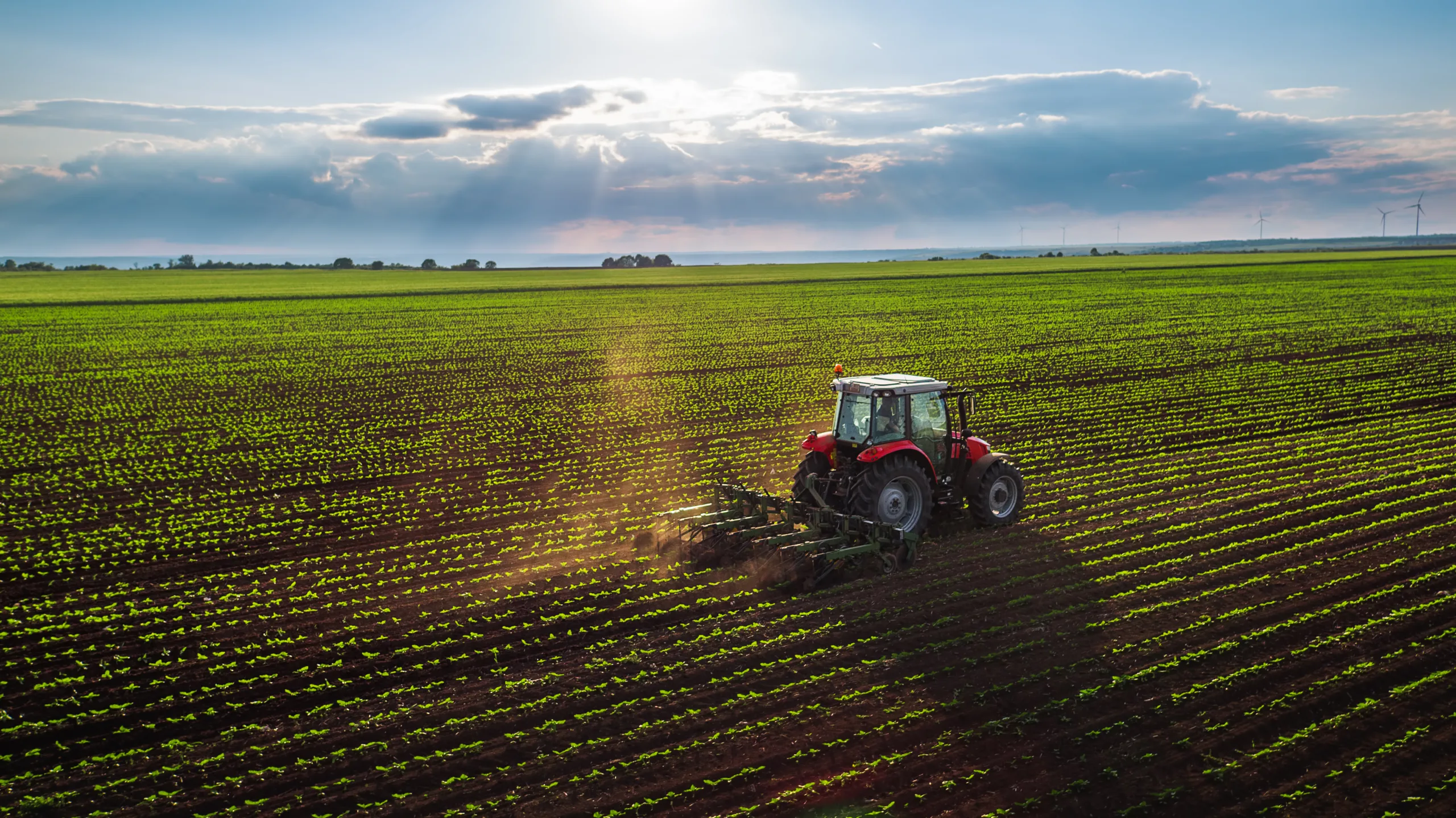Why minerals are crucial for putting food on the table
Mineral's role in putting food on the table
Farming and agriculture are vital for putting food on people’s tables all over the world. These industries are responsible for producing most of the food we consume, making them essential for survival. One of the critical factors for successful farming is ensuring that the soil has enough nutrients. By using soil conditioners and fertilisers, both organic and inorganic, farmers can improve soil structure and replenish essential nutrients in the soil to maximise crop yields. Fertilisers are a valuable tool in ensuring healthy and abundant harvests. Britney Clark, Sales Manager for Calcifert, says, “Minerals are vital to ensure crops grow strong. Adding fertilisers and soil conditioners strengthens and replenishes the crops, enabling food to be produced to feed the population.”
Fertilisers are substances added to the soil or plants to promote growth by providing essential nutrients which may be lacking. Due to an increasing demand for food production for a growing population, they are a critical component of modern agriculture. With the world’s population set to hit 9.7 billion in 2050, the importance of this is evident. Fertilisers make it possible to bridge the nutrient gap in soils, enabling crops to grow in optimal conditions.
Choosing the correct nutrients
Our Calcifert range includes Calcifert Lime, Sulphur, Mag (Magnesium), and LS11 (Lime and Sulphur). Calcium is an essential nutrient for plants, contributing to cell wall strength, enzyme activation, and nutrient uptake. Sulphur, on the other hand, is crucial for protein synthesis, enzyme activity, and overall plant health. By providing these nutrients in a readily available form, Calcifert helps crops develop stronger roots, improve disease resistance, and increase tolerance to environmental factors. Ultimately, the minerals required depend on a number of factors. This includes soil PH, soil type, crop type and the desired result farmers want.
Tackling global issues
The importance of soil conditioners and fertilisers lies in their ability to ensure the productivity of agricultural systems. When used appropriately, they can significantly increase crop yields, leading to a larger supply of food for consumption. In a world where up to 783 million people – one in ten of the world’s population – suffer from chronic hunger, fertilisers are indispensable tools for reducing food insecurity and malnutrition.

Furthermore, fertilisers contribute to sustainable farming practices. By supplying plants with the necessary nutrients, these fertilisers enhance the efficiency of crop production, reducing the need for additional land, water, and energy resources. Improved yield potential also minimises deforestation and biodiversity loss caused by agricultural expansion, mitigating the environmental impact of food production.
Responsible use of fertilisers and soil conditioners
However, it is vital to use fertilisers responsibly. Over-application or improper use of fertilisers can result in nutrient imbalances, water pollution, and damage to ecosystems. Proper soil testing, precise application rates, and adherence to agricultural best practices are necessary to maximise the benefits of fertilisers while minimising potential negative impacts.
The importance of farming and agriculture in putting food on the table cannot be overstated. Fertilisers play a critical role in maintaining soil fertility and maximising crop yields, ensuring a sufficient food supply for a growing global population. By providing essential nutrients, fertilisers contribute to increased agricultural productivity, economic growth, and sustainable farming practices.





